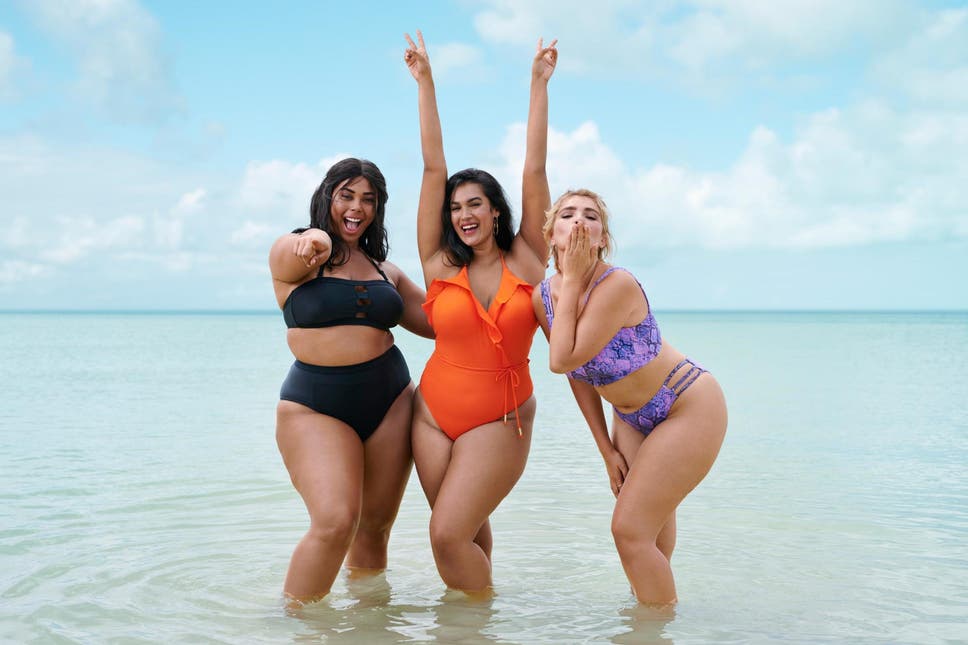
In contemporary society, the discourse around body image and beauty standards has undergone significant transformation. One aspect of this evolution is the rise of BBW (Big Beautiful Women) culture, which celebrates women with fuller figures and challenges traditional norms of beauty. This essay delves into the significance of BBW culture, its impact on perceptions of beauty, its challenges, and its role in promoting body positivity and inclusivity.
Table of Contents
2.The Evolution of Beauty Standards
3.Promoting Self-Love and Empowerment
4.Challenging Stigma and Discrimination
5.Frequently Asked Questions (FAQs) about BBW Culture
5.1 Is BBW culture only for women?
5.2 Does embracing BBW culture mean promoting unhealthy lifestyles?
5.3 How can individuals support BBW culture?
5.4 What challenges does BBW culture face?
6 Conclusion – The inherent meaning of BBW
Understanding BBW Culture
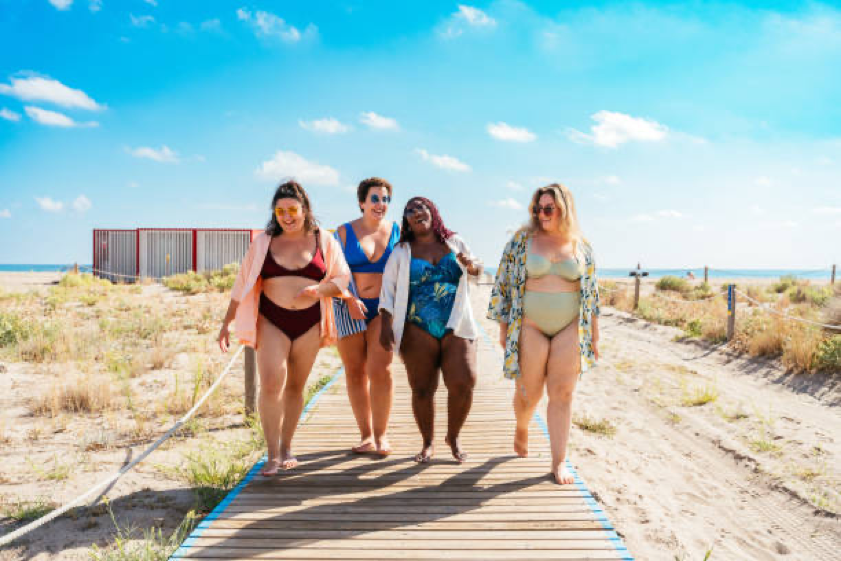
BBW culture celebrates women who defy societal norms regarding body size and shape. Embracing curves, voluptuousness, and full figures, BBW culture promotes self-love, confidence, and acceptance. It challenges the narrow standards of beauty perpetuated by media, fashion, and advertising industries, advocating for representation and visibility of diverse bodies.
The origins of BBW culture can be traced to various movements promoting body positivity and acceptance. In the 1960s and 1970s, the feminist movement began challenging traditional beauty standards, emphasizing the importance of autonomy and self-determination for women. This laid the groundwork for later movements that specifically addressed body image issues and fat acceptance.
In the 1990s, the term “BBW” gained prominence within online communities and dating platforms, providing a platform for individuals to connect and celebrate their bodies free from judgment and stigma. BBW-centric websites, forums, and social media groups emerged, fostering a sense of community and solidarity among individuals who had long felt marginalized by societal beauty standards.
The Evolution of Beauty Standards
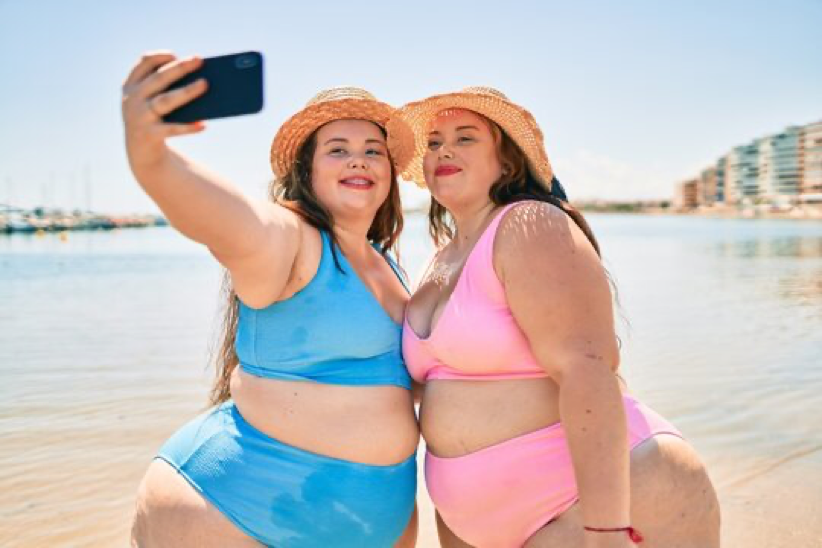
The rise of BBW culture reflects a broader shift in societal attitudes towards beauty and body image. Historically, Western culture has privileged thinness as the epitome of beauty, associating it with notions of health, discipline, and attractiveness. This idealization of thinness has been perpetuated by media representations, fashion trends, and cultural narratives, marginalizing individuals whose bodies do not conform to these standards.
However, in recent years, there has been a growing recognition of the harmful effects of narrow beauty ideals on individuals’ self-esteem and mental well-being. The body positivity movement has gained momentum, challenging the notion that beauty is synonymous with thinness and advocating for greater diversity and representation in media and popular culture.
BBW culture has played a pivotal role in challenging traditional beauty standards and promoting acceptance of diverse body types. By celebrating voluptuousness, curves, and full figures, BBW culture seeks to redefine beauty on its own terms, emphasizing self-love, confidence, and authenticity.
Promoting Self-Love and Empowerment
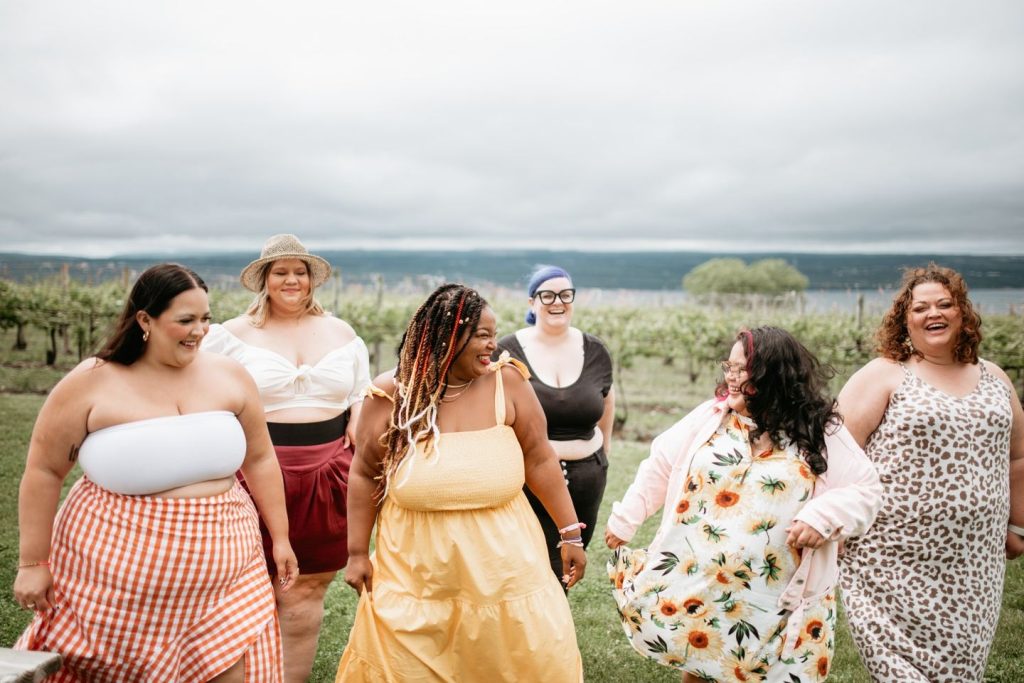
At the heart of BBW culture is the belief that every individual deserves to feel comfortable and confident in their own skin. BBW communities provide a supportive space for individuals to share their experiences, struggles, and triumphs, fostering a sense of belonging and acceptance.
One of the key tenets of BBW culture is the promotion of self-love and empowerment. Through affirming messages, body-positive imagery, and inclusive language, BBW advocates seek to challenge negative stereotypes and promote a more inclusive understanding of beauty. By celebrating their bodies and embracing their curves, BBW individuals reclaim ownership of their self-image and challenge societal norms that seek to dictate their worth based on appearance alone.
Moreover, BBW culture promotes inclusivity and diversity, emphasizing that beauty comes in all shapes, sizes, and forms. By rejecting the notion of a one-size-fits-all standard of beauty, BBW communities celebrate the unique qualities and characteristics that make each individual beautiful in their own right. This emphasis on diversity and inclusivity fosters a more inclusive and accepting society, where individuals are valued for who they are rather than how they look.
Challenging Stigma and Discrimination
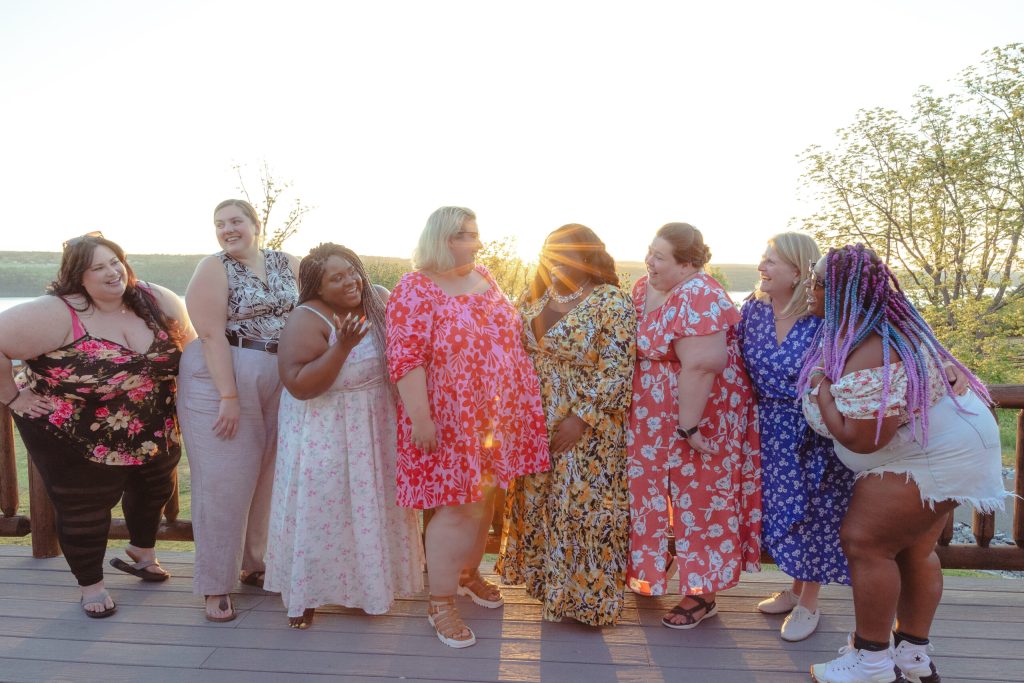
Despite the progress made in promoting body positivity and acceptance, BBW individuals continue to face stigma, discrimination, and prejudice based on their size. In a society that often equates thinness with virtue and moral superiority, BBW individuals are frequently subjected to negative stereotypes and biases, ranging from assumptions about their health and lifestyle to derogatory comments about their appearance.
BBW culture seeks to challenge these harmful stereotypes and dismantle the systemic barriers that perpetuate discrimination against larger-bodied individuals. By advocating for greater representation and visibility in media, fashion, and popular culture, BBW communities strive to challenge narrow beauty ideals and promote a more inclusive and accepting society.
Moreover, BBW activists work to challenge the medicalization of fatness and promote a more nuanced understanding of health that takes into account the diverse ways in which bodies can be healthy at every size. By challenging the assumption that thinness is inherently superior to larger body sizes, BBW advocates seek to promote a more inclusive and holistic approach to health that prioritizes well-being and self-care over arbitrary standards of beauty.
Frequently Asked Questions (FAQs) about BBW Culture

Is BBW culture only for women?
While BBW culture primarily focuses on celebrating women with fuller figures, it is inclusive of individuals of all genders who embrace body positivity and reject narrow beauty standards.
Does embracing BBW culture mean promoting unhealthy lifestyles?
No, embracing BBW culture is about promoting self-acceptance and body positivity regardless of size. It does not promote or condone unhealthy behaviors but rather emphasizes holistic well-being and self-care.
How can individuals support BBW culture?
Individuals can support BBW culture by challenging societal beauty norms, advocating for greater representation and visibility of diverse body types in media and popular culture, and promoting messages of body positivity and self-acceptance.
What challenges does BBW culture face?
BBW culture faces challenges such as stigma, discrimination, and prejudice based on societal attitudes towards larger body sizes. Additionally, there is a need for greater representation and inclusivity in mainstream media and fashion industries.
Conclusion – The inherent meaning of BBW
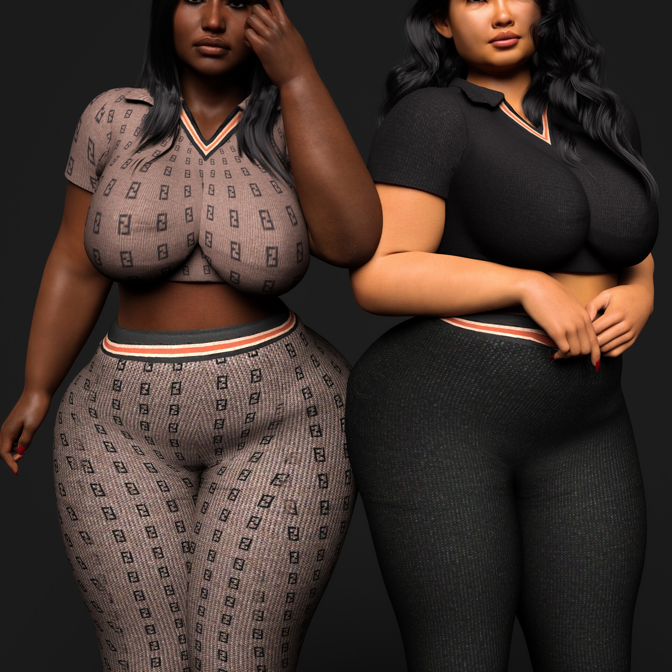
In conclusion, BBW culture represents a powerful affirmation of body positivity, self-love, and acceptance. By celebrating curves, voluptuousness, and full figures, BBW communities challenge narrow beauty standards and promote a more inclusive understanding of beauty. Through advocacy, activism, and solidarity, BBW individuals and allies work to challenge stigma, discrimination, and prejudice, fostering a society where every body is valued and respected. As we continue to strive for greater inclusivity and acceptance, BBW culture serves as a beacon of hope and inspiration, reminding us that beauty comes in all shapes, sizes, and forms.
